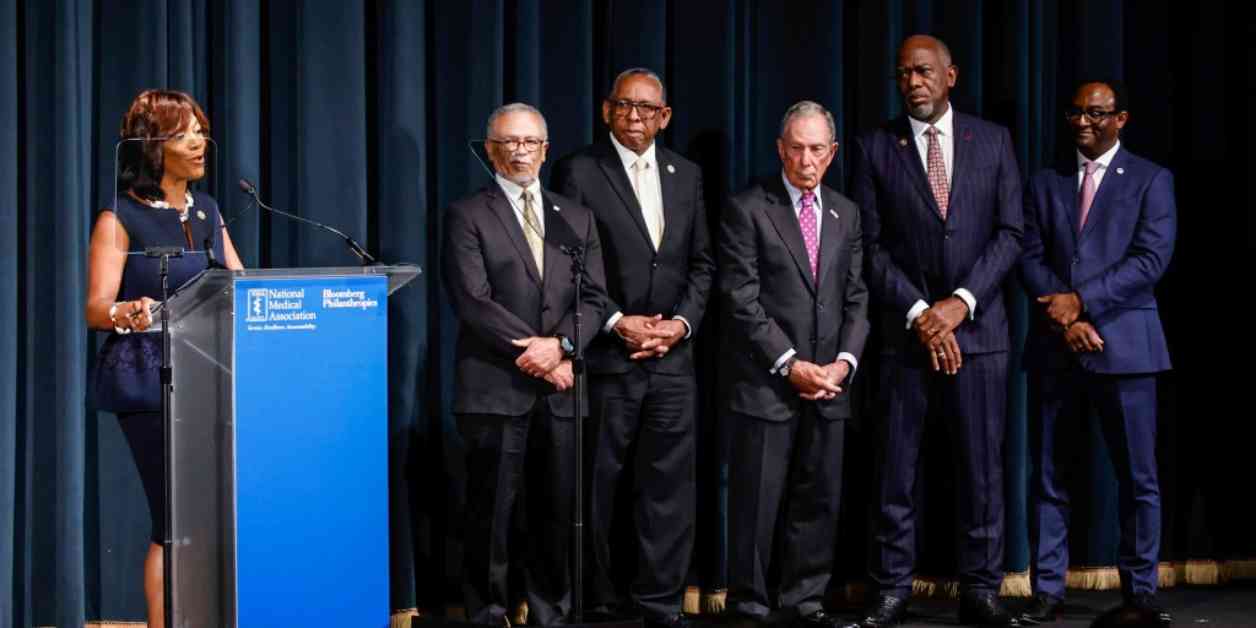Michael Bloomberg, a former New York City mayor and the billionaire founder of Bloomberg LP, recently announced a generous $600 million donation to the endowments of four historically Black medical schools. The announcement was made at the National Medical Association’s annual convention in New York.
Bloomberg’s donation aims to empower new generations of Black doctors to contribute to a healthier and more equitable future for the country. This initiative is particularly crucial as Black Americans face significant health disparities compared to white Americans. Despite representing 13% of the population, only 6% of U.S. physicians are Black.
The $600 million gift is among the largest private donations to historically Black colleges and universities. Howard University College of Medicine, Meharry Medical College, Morehouse School of Medicine, and Charles Drew University of Medicine & Science will each receive significant contributions. Additionally, Xavier University of Louisiana will receive a $5 million grant to support its new medical school.
These donations will more than double the endowments of three of the medical schools, providing vital support for the education and training of future Black doctors. Bloomberg’s commitment to supporting Black medical schools follows a $1 billion pledge to Johns Hopkins University, ensuring that most medical students there will no longer pay tuition.
The donations are part of Bloomberg’s Greenwood Initiative, named after the community destroyed during the race massacre in Tulsa, Oklahoma. The initiative aims to reduce the racial wealth gap and has committed nearly $900 million to date. In 2020, Bloomberg also granted $100 million to the same medical schools to alleviate the debt burden of enrolled students.
Valerie Montgomery Rice, president of Morehouse School of Medicine, expressed gratitude for Bloomberg’s continued support, highlighting how the previous gift helped relieve student debt and boost fundraising efforts. The recent donations will further strengthen the schools’ endowments, enabling them to train and produce more Black physicians.
Dr. Yolanda Lawson, president of the National Medical Association, emphasized the significance of these gifts in light of recent challenges faced by Black students aspiring to pursue medicine. She anticipates that the four medical schools will play a crucial role in training and increasing the number of Black physicians, ultimately benefiting the nation’s health.
Looking ahead, physician and assistant professor Utibe Essien stressed the importance of investing in earlier educational support to encourage more Black students to enter the medical field. He expressed concerns about potential drops in diversity within the medical profession, particularly in response to recent setbacks in affirmative action and efforts to address racial disparities.
Overall, Bloomberg’s substantial donation to Black medical schools represents a significant step towards addressing health disparities and increasing diversity in the medical field. By supporting the education and training of future Black doctors, these contributions have the potential to create a lasting impact on healthcare equity in the United States.

















